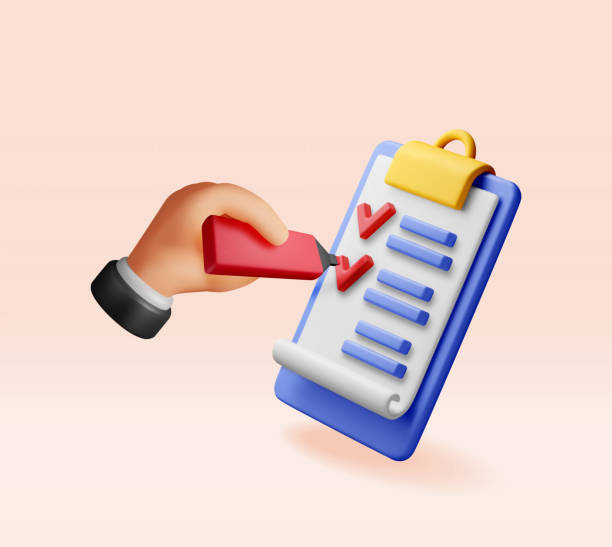You might feel overwhelmed after an accident, especially if you weren’t wearing a seatbelt. You ask yourself, “Can I still file a claim?” Understanding your options is crucial. Seatbelts save lives and reduce injuries. Yet, skipping this step doesn’t always block your right to compensation. Each case is unique and laws vary. Typically, not wearing a seatbelt could lower your compensation but doesn’t automatically prevent you from filing a claim. This depends on how your actions relate to the accident. You need to know your legal rights to decide your next steps. Explore the regulations in your state. Consulting a legal expert may provide clarity. If you want more information about your specific situation, click here to learn what you can do next. Remember, it’s crucial to act promptly. Your actions today can influence the outcome of your compensation claim. Stay informed to protect your rights.
Understanding Seatbelt Laws
Seatbelt laws differ by state. Some states follow “comparative negligence” laws, which consider the actions of both parties in an accident. This means your compensation might decrease if you weren’t wearing a seatbelt, but it doesn’t rule out filing a claim. In other states, “contributory negligence” could completely bar recovery if you contributed to your own injuries. Knowing your state’s law is essential.
Impact on Compensation
Not wearing a seatbelt can affect the outcome of your claim. Insurance companies might argue that your injuries are more severe because you didn’t buckle up. This argument could lead to a reduced payout. However, the focus remains whether the other driver was at fault. The following table shows a simplified impact of seatbelt use on claims:
| Scenario | Impact on Compensation |
| Wearing Seatbelt | No reduction in claim |
| Not Wearing Seatbelt (Fault of Other Driver) | Possible reduction but still claimable |
| Not Wearing Seatbelt (Your Fault) | Likely significant reduction or denial |
Steps to Take After the Accident
After an accident, take prompt action to ensure your rights are protected:
- Seek medical attention immediately, even if injuries seem minor.
- Document everything: photos, witness statements, and police reports.
- Contact your insurance company to report the accident.
- Consult a legal professional to discuss your options.
Each of these steps can influence your claim’s outcome. Acting quickly is important.
How Legal Representation Can Help
A lawyer can help navigate complex legal landscapes. They understand state-specific laws and can argue on your behalf. Legal experts can negotiate with insurance companies to maximize your claim. Consider seeking professional advice from certified legal professionals.
Final Thoughts
Accidents are stressful, especially without a seatbelt. However, not wearing a seatbelt doesn’t automatically bar you from claiming compensation. Understand your state’s laws, and consider obtaining legal advice. Protect your rights by taking decisive actions today. Remember, the steps you take after an accident can play a significant role in the compensation you might receive.



